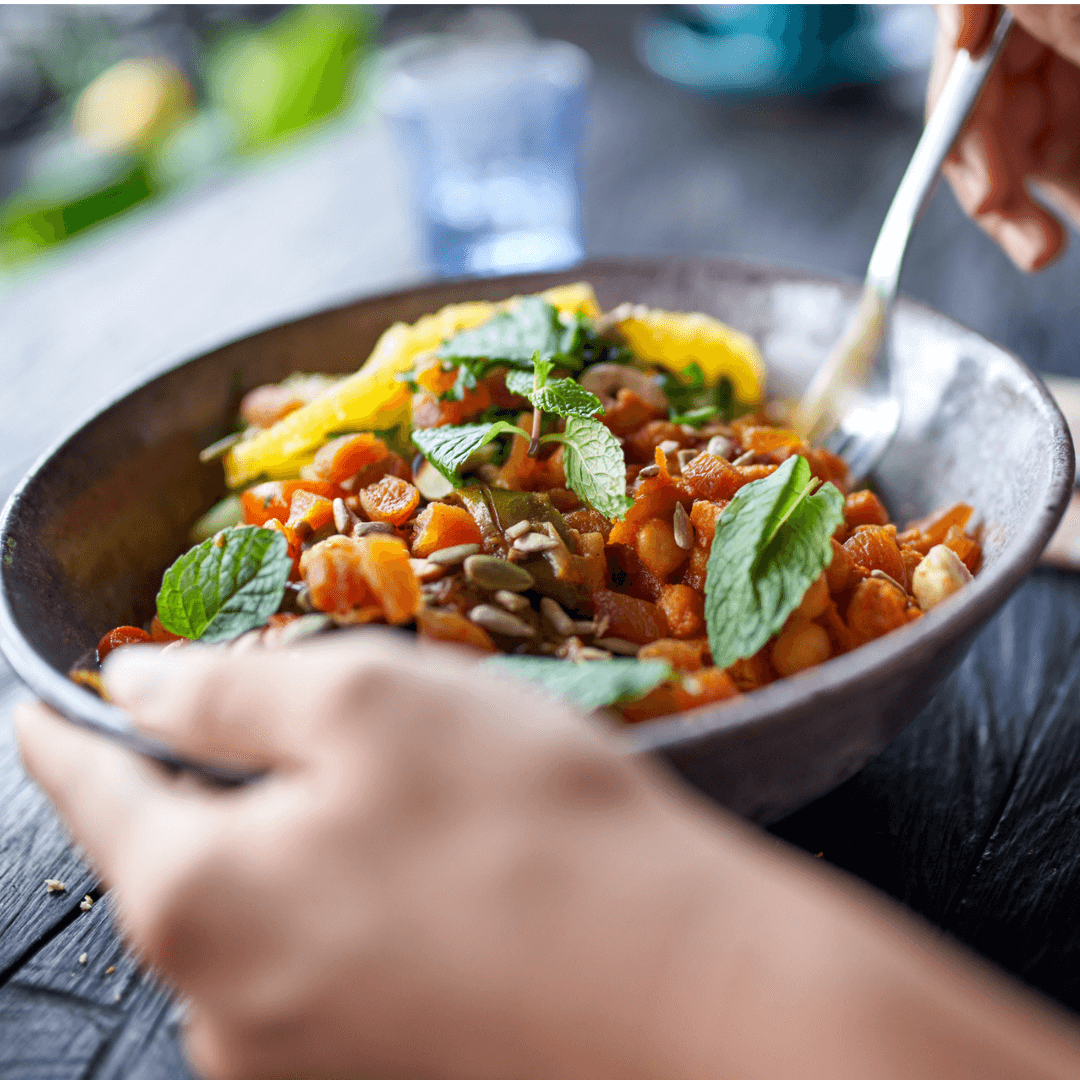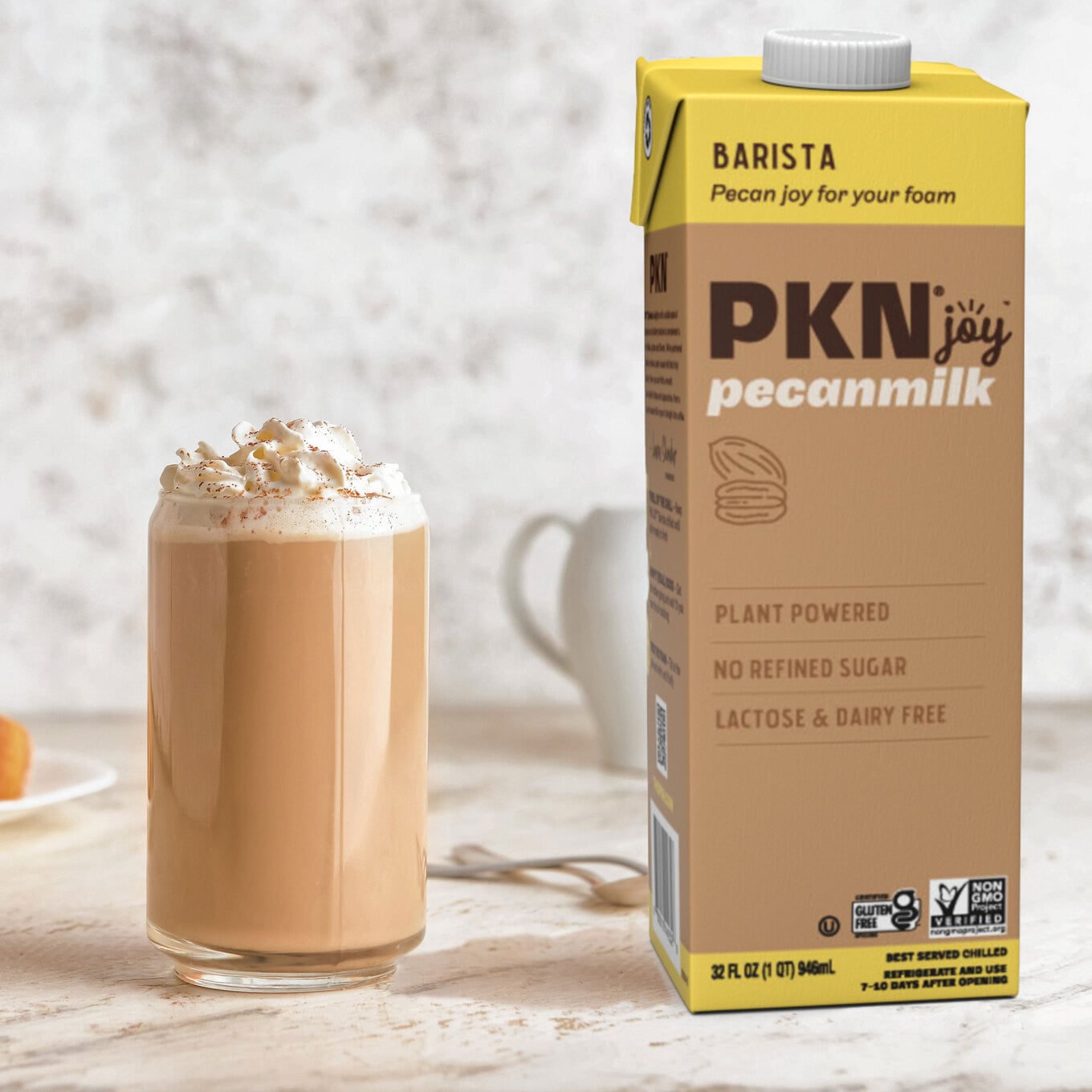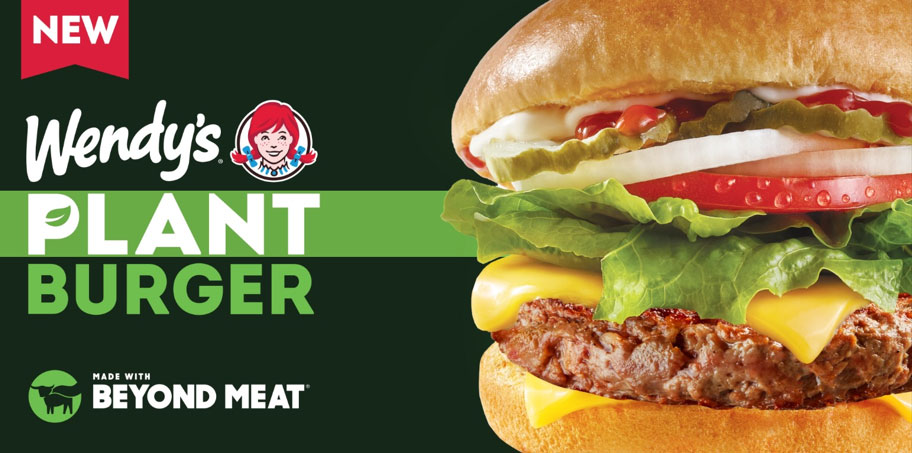If you menstruate, it’s normal to feel a little more irritated than usual during the luteal phase of your cycle, which usually happens around a week or so before your period. You might also feel more fatigued, bloated, or anxious, for example. But if these symptoms are severe and they’re affecting your day-to-day life, they might not be a sign of premenstrual syndrome (PMS), which affects up to three in four menstruating individuals, but rather premenstrual dysphoric disorder (PMDD).
PMDD is far more serious than PMS. It is characterized by intense emotional and physical symptoms and it affects around 1.6 percent of women and people with reproductive symptoms, according to Oxford University. To put that into perspective, that’s around 31 million people globally.
“Common PMDD symptoms include mood swings, irritability, depression, anxiety, fatigue, changes in appetite, and physical symptoms like bloating or breast tenderness,” Aderet Dana Hoch, MS, RD, CDN of Dining With Nature, told VegNews.
In 2022, influencer Dixie D’Amelio spoke of her experience with the condition on TikTok, where she has more than 55 million followers. “[It] really disrupts my life, my attitude, my personality, my relationships, and just who I am as a person,” she said. “I have never felt so low and just down.”
There is research to back up the idea that following a plant-based, whole-food diet might help alleviate PMDD symptoms. We spoke with Hoch to find out more about which foods are best, and which foods should be avoided.
Unsplash
Table of Contents
Can a plant-based diet help with PMDD?
Some research suggests that because inflammation may play a role in mood disorders, anti-inflammatory foods may help to combat them.
In 2023, for example, one study published in the journal Clinical Nutrition suggested that eating a handful of nuts every day could reduce the risk of depression by 17 percent. Experts speculated at the time that this could be due to the anti-inflammatory and antioxidant properties of nuts like walnuts, cashews, and pistachios.
In 2021, another study published in the Journal of Affective Disorders suggested that people who eat mushrooms regularly may also have lower risk of developing depression, and this was attributed to their ergothioneine content, which is an anti-inflammatory amino acid.
According to Hoch, PMDD has also been associated with low-grade inflammation, so “incorporating anti-inflammatory foods into your diet—like fruits, vegetables, healthy fats, lean proteins, and whole grains—could help alleviate symptoms.” She notes that these foods are high in nutrients like omega-3 fatty acids, B vitamins, and magnesium which are vital for “mood regulation and mental well-being.”
“Research suggests that plant-forward or Mediterranean diets can help manage PMDD symptoms. These diets have anti-inflammatory properties, are rich in nutrients, and are associated with improved hormone regulation and mental health benefits.” —Aderet Dana Hoch, MS, RD, CDN
Magnesium, for example, can help with sleep, which means that uncomfortable symptoms might be easier to deal with. It also may help to relieve insomnia, which is also one of the many symptoms associated with PMDD. “Magnesium is a powerful sleep aid,” Jordan Calabrese, MD, the Medical Director of Sana Lake Recovery, a rehabilitation center in Missouri, recently told VegNews. “You hear a lot in the media about melatonin, but magnesium can be just as beneficial.”
“Additionally, a diet high in anti-inflammatory foods tends to be rich in fiber, which aids in stabilizing blood glucose levels and balancing hormones,” says Hoch. Fiber also helps to support a healthy gut microbiome, which is essential for mental health support.
“An increasing number of studies are now linking [premenstrual disorders] with an imbalance of the gut microbiome,” notes The Kerry Health and Nutrition Institute. It adds: “Certain gut bacteria can produce neurotransmitters like serotonin, dopamine, and gamma-aminobutyric acid (GABA), which modulate mood, cognition, and behavior. Dysregulation of these microbial metabolites may contribute to the mood disturbances and cognitive changes observed in [premenstrual disorders].”
Many plant-based, whole foods are a good source of fiber. You can find our guide to the nutrient here, as well as a larger guide to the benefits of a plant-based whole food diet here.
 julief514
julief514
Beware of TikTok trends: here are some of the foods to avoid if you have PMDD
When it comes to raising awareness of PMDD, social media is invaluable. When D’Amelio shared her experience, for example, she was met with thousands of responses from people who could relate to her story. But social media apps, including Instagram and TikTok, are also often rife with dietary advice and trends.
When it comes to diet, Hoch advises avoiding certain approaches that might be harmful to people with PMDD. “Very low-calorie diets can potentially lead to undernourishment and worsen PMDD symptoms,” she says. She also notes that it might not be a good idea to go low-fat, either. “Healthy fats are crucial for managing inflammation and regulating hormones,” explains Hoch. “A diet too low in fat might not provide the necessary nutrients to alleviate PMDD symptoms.”
And finally, be mindful of supplementation, she notes, especially if you are taking medications to manage your condition. “Excessive supplement intake, especially if not taken in the right combinations, can interfere with nutrient absorption and the effectiveness of medications,” says Hoch.
If you suspect you may be suffering from PMDD, it’s important to consult your healthcare provider, who can discuss your concerns and the best course of action. If you are diagnosed with the condition, they may suggest a variety of treatment options, including antidepressant medication, birth control pills, and therapy. They might also discuss lifestyle modifications, including regular exercise, good sleep hygiene, and dietary changes.






